What is Champagne?
All sparkling wine is Champagne, but not all sparkling wine is Champagne. Sparkling wine comes in a variety of flavors. Champagne, prosecco, cava, and sparkling wine made in the United States are the most popular.
Champagne is only allowed to be named Champagne if it is produced in the Champagne area in northern France. Chardonnay, pinot noir, and pinot meunier are used to make a classic Champagne or sparkling wine from the United States. The term "blanc de blancs" refers to a Champagne or sparkling wine composed entirely of chardonnay. If you see "blanc de noirs" on a bottle of Champagne or sparkling wine from the United States, that means it's made entirely of pinot noir.
The sparkling wine of Italy is Prosecco. Prosecco or glera grapes are used to make it. Spain's effervescent wine is known as Cava. Macabeu, parellada, and xarello grapes are commonly used to make it.
Champagne is prepared from a blend of grapes, most commonly chardonnay, pinot noir, and pinot meunier, though additional grapes are permitted. The grapes may be cultivated in a few different places throughout France, and they flourish in a variety of soil and weather conditions. While many wines stress "terroir," or the traits imparted by the vineyard, champagne is unique. The champagne house is the focus, since it masterfully combines several varietals to produce a consistent, balanced beverage.
The wine undergoes a further fermentation process within the bottle to produce champagne's distinctive bubbles. Many champagnes are still aged in caves, and they are rotated on a regular basis. The sparkling wine must be aged for at least 15 months, while many are aged for three or more years.
Champagne is frequently served as a toasting wine or in cocktails, but it also goes well with a variety of dishes. With sophisticated appetizers like oysters and blinis, or simpler snacks like deviled eggs and shrimp cocktail, serve a dry bottle. White pizza and fried chicken go well together, as do light fish and chicken dishes. Sweet champagnes pair well with fresh berries and soft cheeses towards the end of a meal.
Although the champagne flute is a beautiful vessel, many experts believe it is an ineffective manner of serving the bubbly. If you're pouring and drinking right away, a white wine glass is excellent for letting the scents to fully open. A sophisticated coup glass is also a fantastic choice.
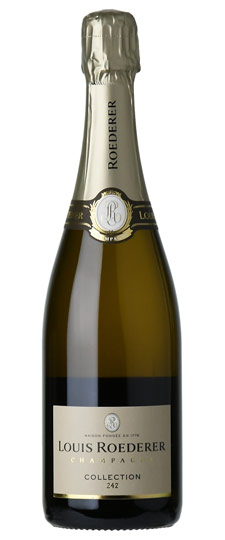
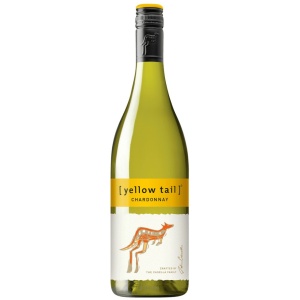
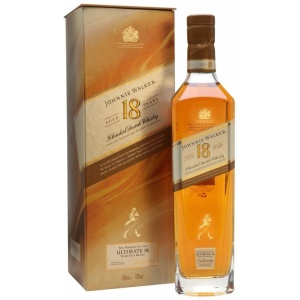
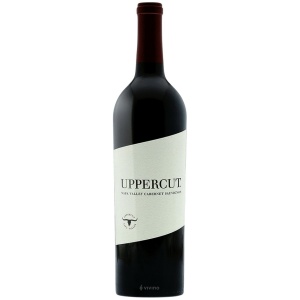
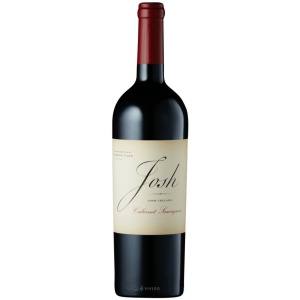
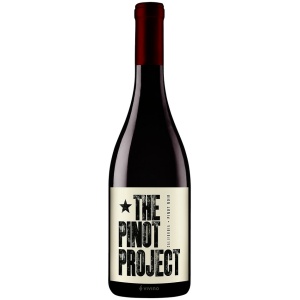
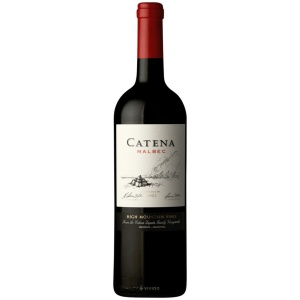
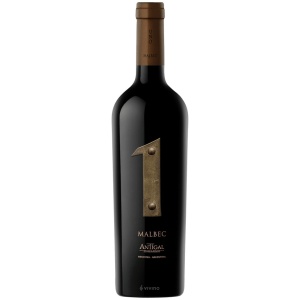
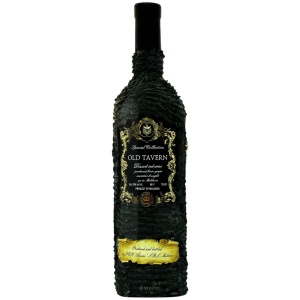
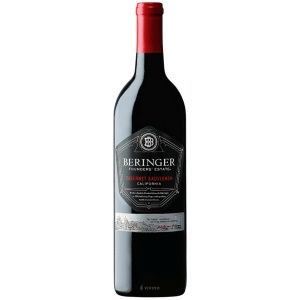
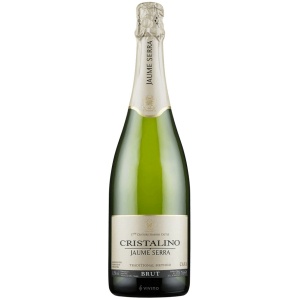
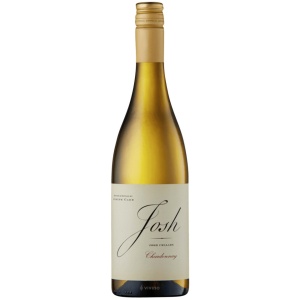
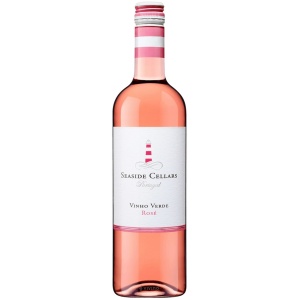
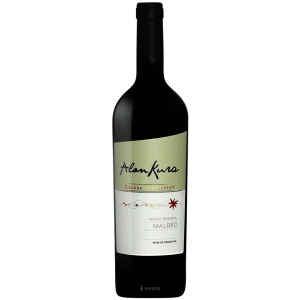
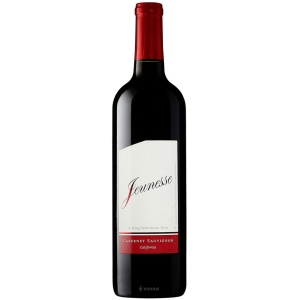
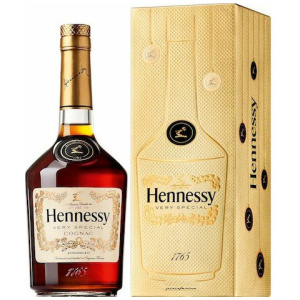
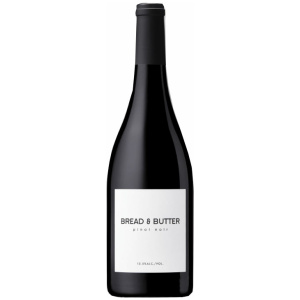
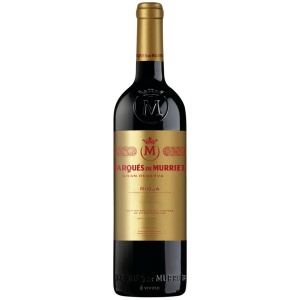
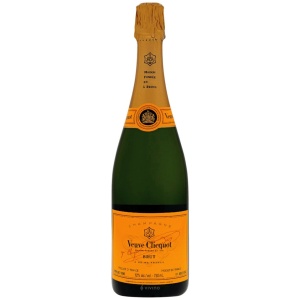
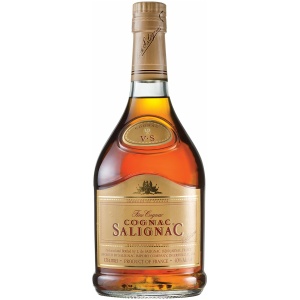
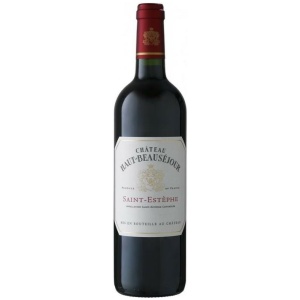
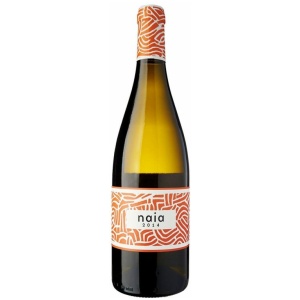
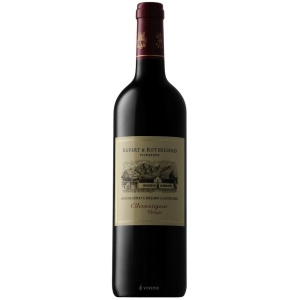
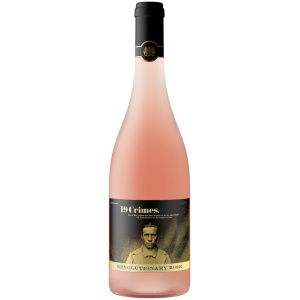
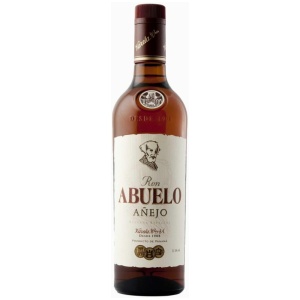
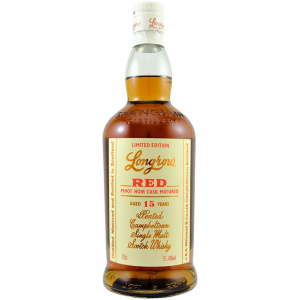
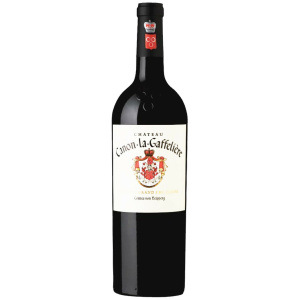
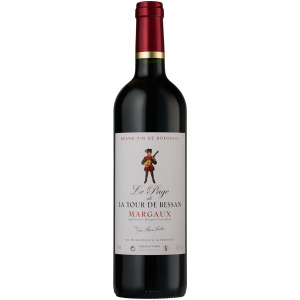
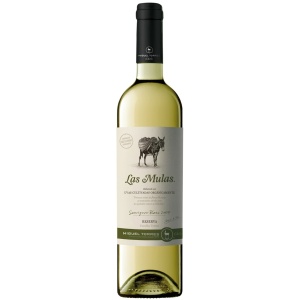
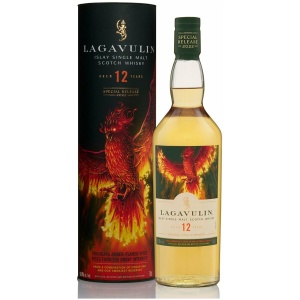
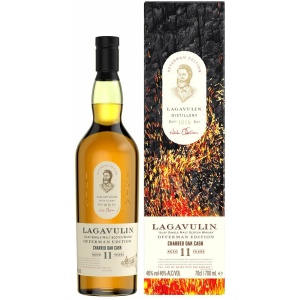
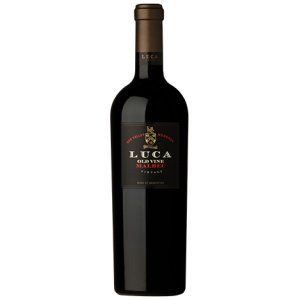
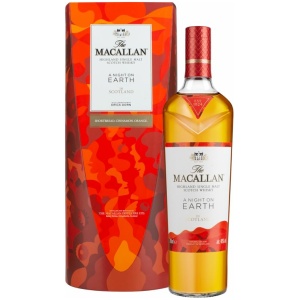
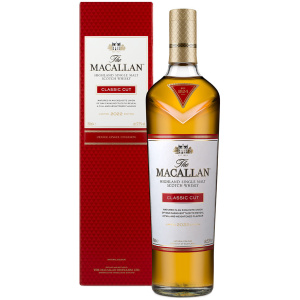
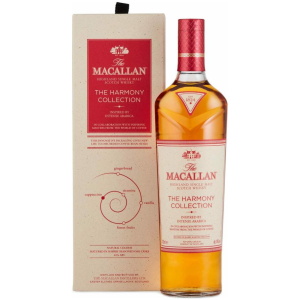
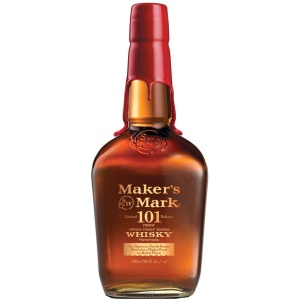
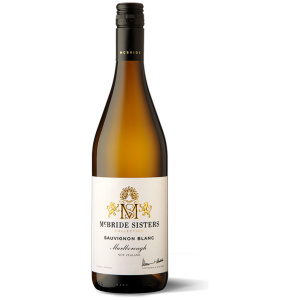






Janely Verified Buyer
Love this!